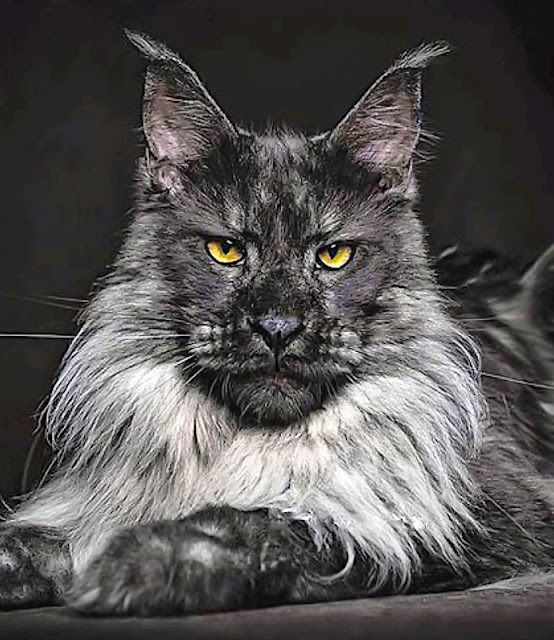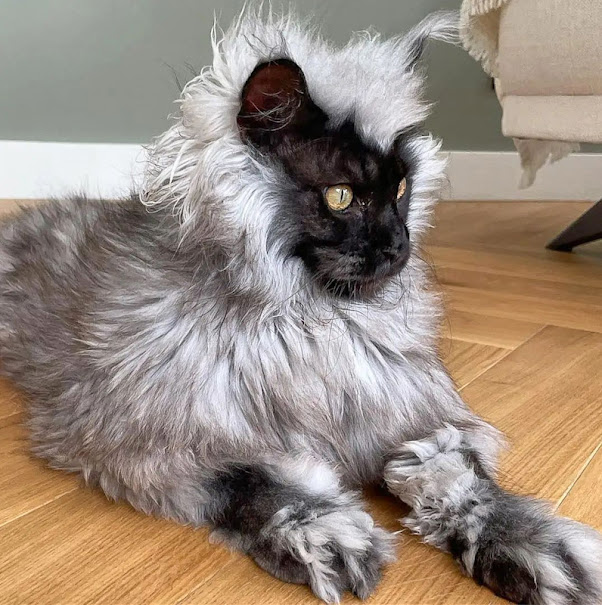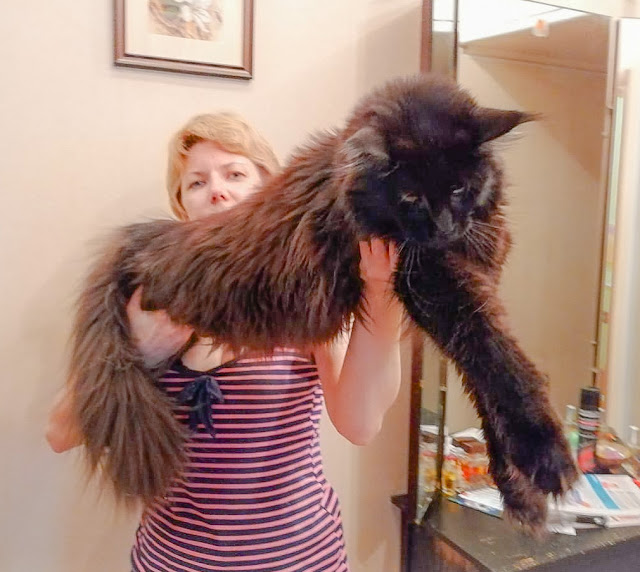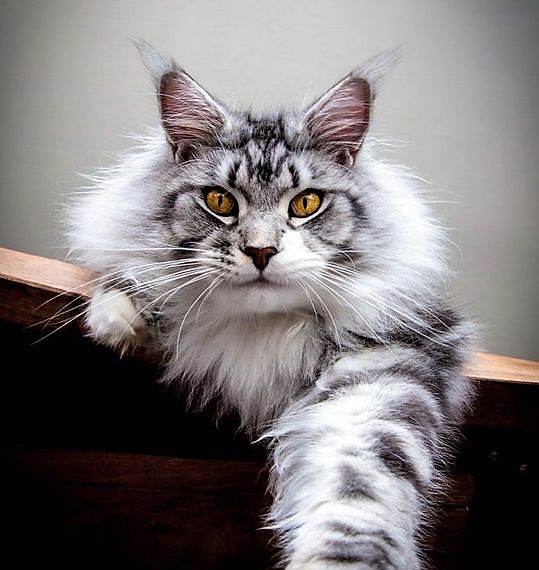Is hip dysplasia in Maine Coon cats painful?
The question in the title is important for Maine Coon owners because this condition is present in about 30% of cats of this breed at various stages of their lives. It needs to be managed by their owner and the options are limited in respect of preventing or treating feline hip dysplasia.
The Cornell Feline Health Center tells us that this inherited condition is, indeed, painful. For example, it causes the avoidance of physical activity. The reason why is because it is painful to engage in these activities.
If the hip is touched by their owner, the cat may give a clear indication that it is painful. A Maine Coon cat might persistently lick or chew at the hip area. Another sure sign that the area is painful. That answers the question.
Why painful?
The pain emanates from bone-on-bone contact. This occurs because the cat inherits a malformation of the ball-and-socket joint which connects the cat's thigh bone (femur) to its hip. The socket (acetabulum) is in the hip and the top of the femur is the 'ball' called the 'femoral head'.
In a cat with hip dysplasia these two components of the joint are misaligned and loose. The femoral head does not move smoothly within the socket. It is partly dislocated. The femoral head and the socket grind together. Over time with constant wear and tear the socket becomes shallow and the head becomes worn. It becomes misshapen and flattened.
The two components grind together causing pain. Although this is as mentioned an inherited disease, it is exacerbated by obesity. And if the Maine Coon cat is particularly large that increases the weight on the joint which is likely to increase the speed of deterioration.
Strengthen muscles
One veterinarian says that an owner should try to get their Maine Coon cats suffering from hip dysplasia to jump onto the kitchen counter to exercise the muscles. If the muscles surrounding the joint are stronger, they can support it and take some of the pressure off it. But how do you get a Maine Coon cat to jump on a counter when they are in what appears to be severe pain? I don't think the idea is practical.
Treatments
A veterinarian may recommend the use of certain anti-inflammatory drugs. They may recommend dietary supplements containing glucosamine and chondroitin. These compounds may help to strengthen the connective tissue surrounding the joint.
As you can see, there's not much that can be done which leaves the last option which is surgery such as a micro total hip replacement. The hip joint is removed and replaced with an artificial one.
Cat fancy is to blame
It is a pretty bad and debilitating health condition which should concern the cat fancy - the people who create these cats - a lot more. But nothing appears to change from year-to-year.
The cat fancy could stop this. The 'cure' is in the hands of the cat associations. The ball (excuse the pun) is in their court to change breeding practices and the breed standard. The Maine Coon would look different over time but the breed would be a lot healthier and not 'stained' by this disease.











Comments
Post a Comment
Please share your Maine Coon experiences.